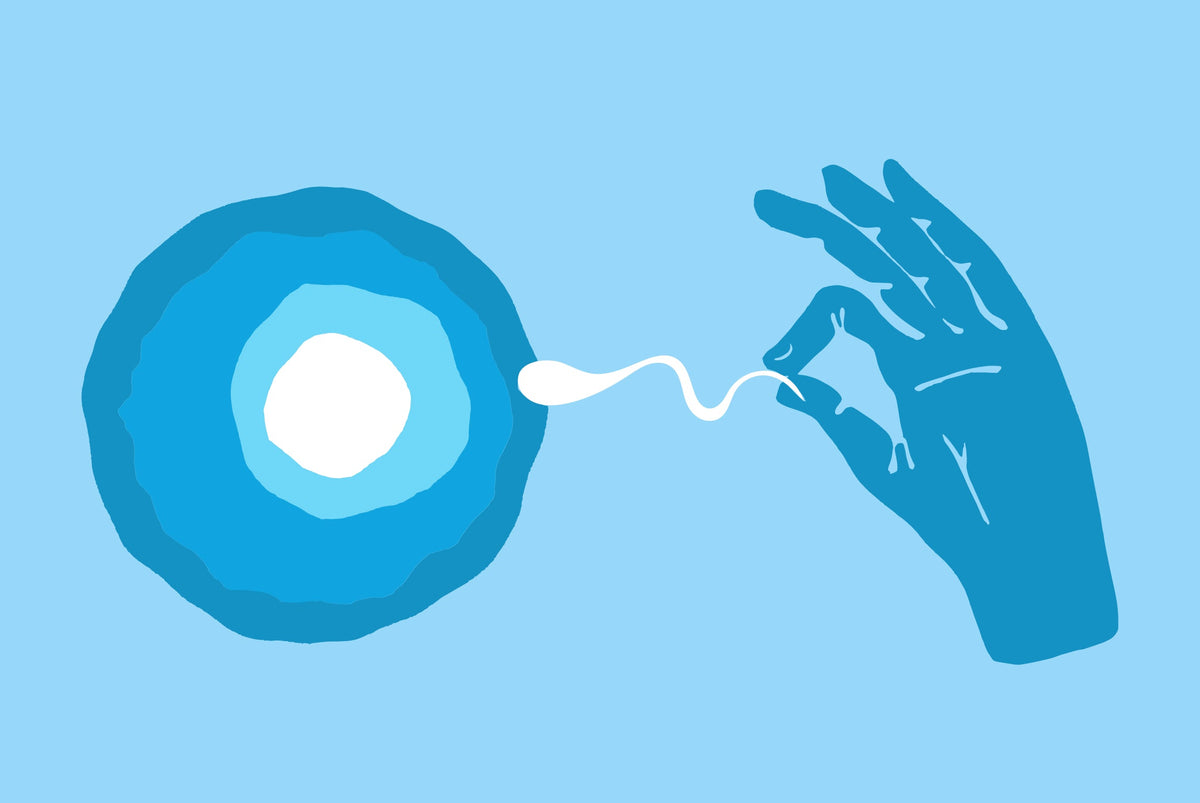

Embryo freezing, also known as embryo cryopreservation, is a groundbreaking technology in the field of reproductive medicine. It offers hope to individuals and couples seeking to preserve their fertility for various reasons, ranging from medical treatments that may compromise fertility to personal choices regarding family planning. This article delves into the science behind embryo freezing, its applications, ethical considerations, and its impact on individuals and society.
Understanding Embryo Freezing
Embryo freezing involves the preservation of embryos at sub-zero temperatures, typically around -196°C (-321°F), using a process called vitrification. Vitrification is a rapid freezing technique that prevents the formation of ice crystals within the embryo, minimizing damage to cellular structures.
The process of embryo freezing begins with controlled ovarian stimulation, where a woman undergoes hormonal treatments to stimulate the ovaries to produce multiple eggs. These eggs are then retrieved through a minimally invasive procedure called oocyte retrieval. In vitro fertilization (IVF) is then performed by fertilizing the eggs with sperm in a laboratory dish. The resulting embryos are cultured for a few days until they reach a suitable stage for cryopreservation, usually at the blastocyst stage.

Applications of Embryo Freezing
Embryo Cryopreservation has various applications, including:
Fertility Preservation
Individuals facing medical treatments such as chemotherapy or radiation therapy, which may affect fertility, can opt for embryo freezing to preserve their ability to have biological children in the future.
Delayed Parenthood
Some individuals or couples may choose to freeze embryos to postpone parenthood due to career or personal reasons while ensuring their reproductive options later in life.
IVF Optimization
In IVF cycles, surplus embryos created during treatment can be cryopreserved for future use, reducing the need for repeated ovarian stimulation and egg retrieval procedures.
Genetic Testing
Embryo freezing allows for preimplantation genetic testing (PGT), where embryos can be screened for genetic abnormalities before transfer, reducing the risk of certain genetic disorders in offspring.
Embryo Freezing Impact on Individuals and Society
Embryo freezing has profound implications for individuals and society as a whole. It offers hope and options to individuals facing fertility challenges, empowers reproductive autonomy, and contributes to advancements in reproductive medicine. However, it also prompts discussions about the ethics of reproductive technologies, allocation of resources, and the societal implications of shaping family structures. Embryo Cryopreservation is a remarkable advancement in reproductive medicine that offers hope and options to individuals and couples navigating fertility challenges.





